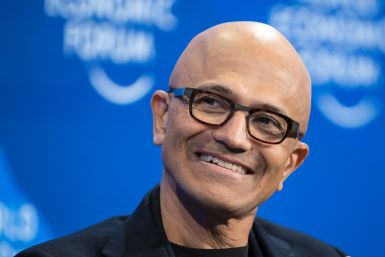WHO considers recognising 'gaming disorder' as mental health condition in 2018

The World Health Organisation (WHO) now considers recognising gaming disorder as a mental health condition. Addiction to video games is expected to be placed in the same category as disorders related to drugs and gambling.
The eleventh edition of the International Classification of Diseases (ICD) will be published in 2018. It would include gaming disorder as a serious health condition.
The draft defines gaming disorder as “a pattern of persistent or recurrent gaming behaviour.” It may either be online or offline.
WHO listed indications of the disorder, which include impaired control over gaming. The organisation said that the behaviour pattern caused by uncontrollable gaming is “of sufficient severity.” It may result in impairment in significant areas of functioning, which may include family, social, educational and occupational.
WHO spokesman Gregory Hartl told CNN that the new entry on gaming disorder “includes only a clinical description and not prevention and treatment options.” The organisation makes the health condition an official diagnosis that health care workers and doctors can use by listing “gaming disorder” to the ICD.
Hartl noted that using computers, the internet, smartphones and other electronic devices has significantly increased in the past year. He recognised clear benefits, but he also pointed out that health problems as a result of too much use have also been recorded.
A study that involved parents from 4,600 American cities has found that 45 minutes of daily recreational screen time is the maximum a child can handle. This way, his or her educational, emotional and social development will not be affected.
Author Rebecca Jackson said it is important for parents to evaluate their children's quality of life and talk to them regarding screen time limit. Students who spend 45 total minutes a day on a computer, phone, tablet or television can maintain an A average, the Learning Habit study has found.
Vladimir Poznyak from WHO’s Department of Mental Health and Substance Abuse said that too much playing have an adverse effect on a person’s mental health. Some mental-health circles reacted positively to the decision, while others posted angry responses on social media.
Amber Sherman, an addiction treatment supervisor at Mayo Clinic Health System-Franciscan Healthcare, said she thinks it a huge step forward in treatment, Chicago Tribune reports. Meanwhile, Twitter users express dismay, with some even arguing that this "disorder" has given them fantastic time with family members and helped them make a ton of friends and memories.






